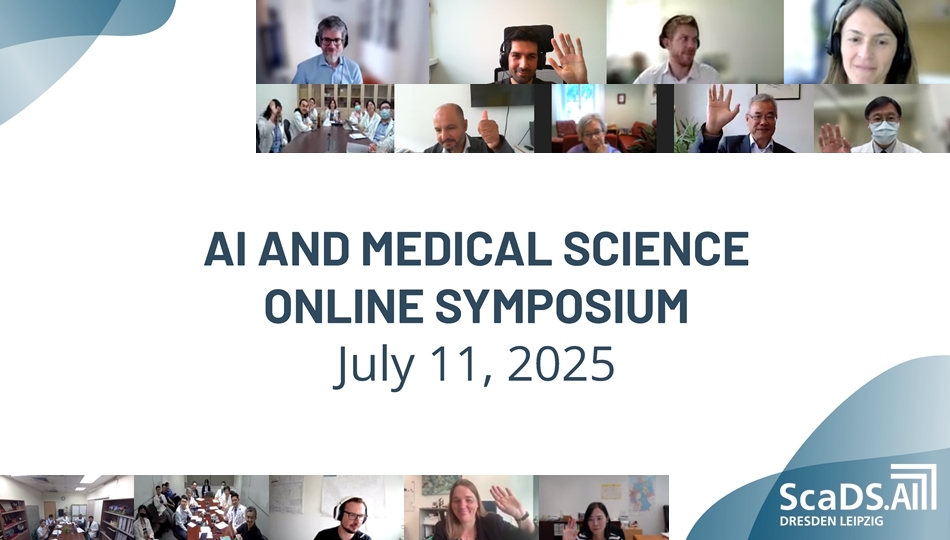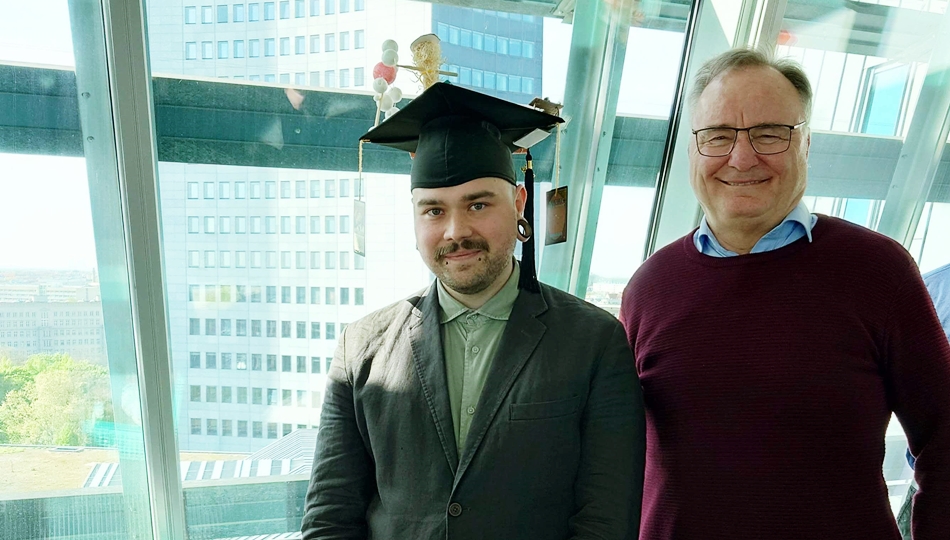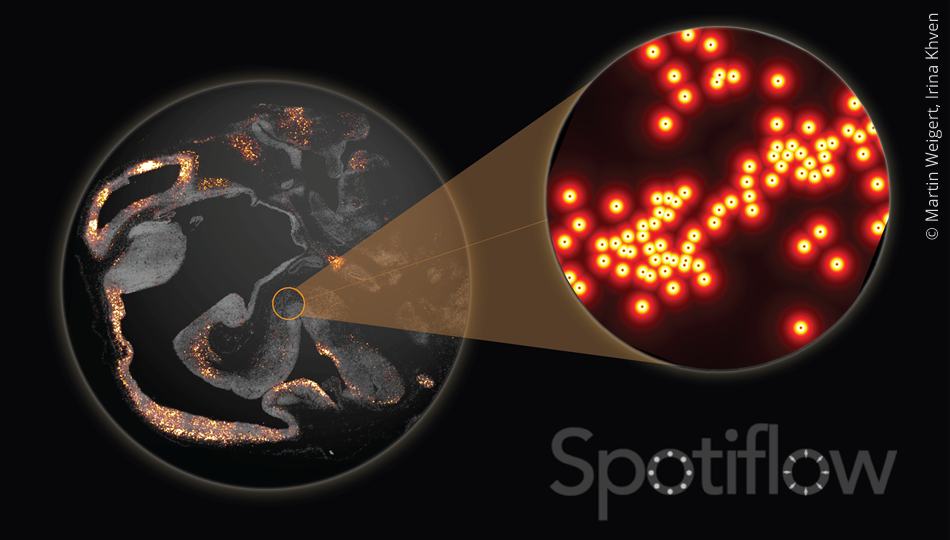11. May 2023
Junior Research Groups welcomed at ScaDS.AI
We are happy to announce that ScaDS.AI Dresden/Leipzig has welcomed four junior research groups to the team. Those groups conduct research in the field of Artificial Intelligence (AI), covering the topics:
- Neuro-symbolic AI for Time Series Analysis (Lead: Dr. Stefan Lüdtke)
- Situating AI-based Mentoring (Lead: Dr. Sandra Hummel)
- AI-based Coaching of Students / AI-based Cognitive Behavioral Therapy (Lead: Dr.-Ing. Claudia Loitsch)
- Patterns of Multimodal Communication – AI on Big Data (Lead: Dr. Peter Uhrig)
Neuro-symbolic AI for Time Series Analysis
This research group focuses on machine learning methods for time series data, especially when there is not enough data to apply deep learning models. A concrete example is sensor-based activity detection. The aim is to build a classification model that uses sensor data (e.g. from a smartwatch) to detect the activities performed. However, the collection of accurate ground truth for this type of data is a very elaborate process. Therefore, often only small data sets are available. In such cases, however, domain knowledge can often be used. For example, it is known that certain activities have to take place in a certain order or can only be carried out at certain locations. The group is investigating how such domain knowledge can be integrated into machine learning methods to reduce the need for training data.
Team Members
- Dr. Stefan Lüdtke (Lead)
Situating AI-based Mentoring
This research group is composed of an interdisciplinary team consisting of an education scientist, a learning psychologist, and AI developers. The focus is on studying the interaction of learners with AI-based technologies in real-life situations, specifically looking at the effects of AI on motivation, self-regulation, cognitive and affective processing, and learning outcomes. The use of AI systems is studied in various dimensions, including the ability to adapt to changes in the environment, interact with learners, engage in iterative dialogue with them, and understand the real and virtual environment of a situation. This group aims to develop parameters for a pedagogically meaningful use of AI-systems with mentoring functions, using a design-based research approach and digital humanities methods to analyze appropriate data sources and formats. Their research also considers potential opportunities, barriers, ethical problems, and data privacy risks of using AI-based mentoring technologies with a focus on responsible AI.
Team Members
- Dr. Sandra Hummel (Lead)
- Mana-Teresa Donner (researcher)
AI-based Coaching of Students / AI-based Cognitive Behavioral Therapy
This research group is investigating the use of AI in higher education, particularly in digital learning and studying in general. The focus is on developing intelligent and adaptive user interfaces to enable tailored learning experiences for people with a wide range of sensory and cognitive abilities, needs and preferences. The objective is to research and develop voice user interfaces that coach students to address personal life situations, individual learning strategies, inclusion, and mental health. We will particularly consider human and societal needs in the development and application of AI (human-centered AI, HCAI).
This is paramount, as we have recently seen the furor that ChatGPT has caused in the education sector. AI-based learning can revolutionize the education domain but must be thought of by humans.
Team Members
- Dr.-Ing. Claudia Loitsch (Lead)
- Julian Striegl (researcher, PdD student)
- Farah Fekih (software engineering student, international intern)
Patterns of Multimodal Communication – AI on Big Data
This research group investigates multimodal communication, i.e., how text, audio, and gesture together produce meaning. One focus is on the contribution of speech-accompanying gestures. In a DFG-AHRC-funded joint project with the University of Oxford, the group is investigating the contribution of gestures to the constitution of meaning in Russian propaganda (especially RT). Beyond linguistic applications, they are also applying similar technologies to the study of motion pictures in a collaboration with Dartmouth College.
Team Members
- Dr. Peter Uhrig (Lead)
- Ilya Burenko (researcher)
Junior Research Groups at ScaDS.AI Dresden/Leipzig
The junior research groups complement and extend the current research areas of ScaDS.AI Dresden/Leipzig. By supporting our junior research groups, we also actively promote research excellence in AI and data science. Currently, we are offering two more positions for junior research group leaders at our location in Leipzig. We are looking forward to your application!






